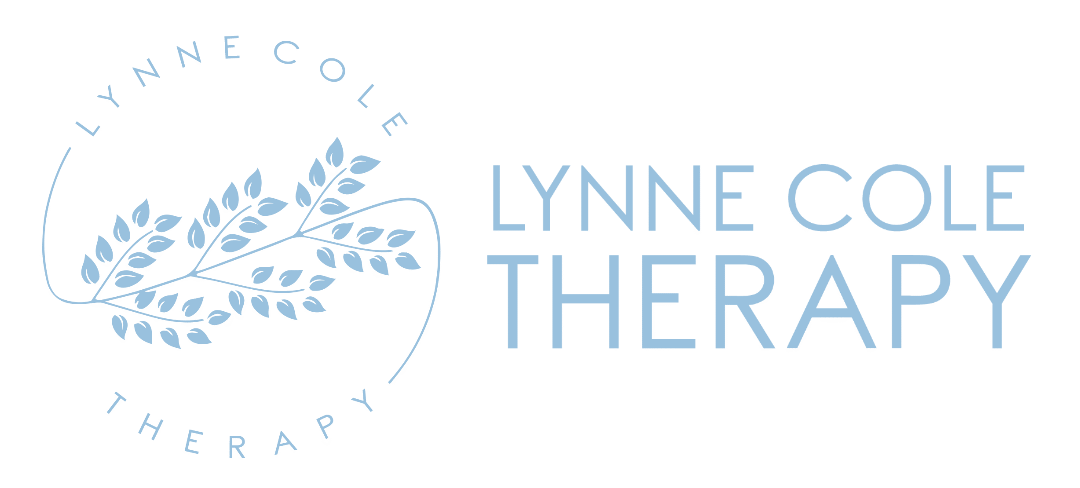Health worries are a normal part of life; most of us occasionally wonder whether a symptom is something to be concerned about, but we usually take ourselves to the doctors with no feelings of unease. But when these worries become persistent, overwhelming, and interfere with everyday living, they may be a sign of health anxiety.
This guide is designed to offer a clear, compassionate, and therapist-informed approach to understanding and managing health anxiety. Whether you are struggling with these thoughts yourself, supporting a loved one, or simply curious about the condition, you will find practical strategies and reassurance that improvement is possible with the right support.
Table of Contents
ToggleWhat Is Health Anxiety?
Health anxiety (sometimes referred to as hypochondria or illness anxiety disorder) is a form of anxiety characterised by excessive worry about having, or developing, a serious illness despite little or no medical evidence.
It is different from ordinary health awareness. While it is natural (and sometimes helpful) to be vigilant about our health, health anxiety goes further. It can involve:
- Repeatedly scanning the body for signs of illness
- Frequent GP visits, or avoiding medical appointments altogether due to fear
- Seeking reassurance from loved ones
- Compulsively researching symptoms online
Importantly, health anxiety is not “just in your head”. The fear feels real and distressing, and it deserves understanding and compassionate support. It can be hard to get the right support from others as they may not understand the true extent of your anxiety. Seeking help from a therapist can ensure you are presented with a safe space to discuss your thoughts and feelings without judgement or bias.
What Causes Health Anxiety?
There is rarely a single cause of health anxiety, and it can manifest in different ways. Health anxiety often develops through a mix of personal, psychological, and environmental factors. Common influences include:
- Past illness: Experiencing a serious health scare, or seeing a loved one go through one
- Sensitivity to bodily sensations: Some people are naturally more attuned to physical changes, which can fuel worry
- Underlying anxiety or OCD: Health anxiety often overlaps with other anxiety conditions
- Media and internet exposure: Constant health-related content can intensify fears
- Childhood experiences or trauma: Early exposure to illness or loss may shape later responses
The Health Anxiety Cycle
Health anxiety often follows a predictable loop:
- Worry arises about a possible illness.
- This triggers body checking (e.g., touching, examining, or monitoring sensations).
- The person seeks reassurance, either from Google, a GP, or from loved ones.
- Reassurance brings temporary relief.
- But soon, doubt creeps back in, and worry returns, restarting the cycle.
Breaking this cycle is key to coping effectively. A therapist can help stop these unhelpful coping mechanisms, decreasing your anxiety and helping you cope with your intrusive thoughts.
How to Cope with Health Anxiety
Learn to Identify and Name the Worry
The first step is noticing the thought for what it is: a health worry, not a fact.
- Try saying to yourself: “This is an anxious thought, not a medical diagnosis.”
- Use cognitive distancing techniques such as imagining the thought written on a cloud floating by, rather than engaging with it.
Stop Reassurance-Seeking Behaviours
While asking “Dr Google” or booking repeated GP appointments may feel comforting, they tend to reinforce the cycle of anxiety.
- Instead, practise delaying reassurance-seeking. For example, wait an hour before searching online, as you may find the urge passes.
- Replace the behaviour with grounding activities such as going for a walk, journalling, or calling a friend for a general chat.
Limit Symptom Checking
Constantly monitoring your pulse, skin, or other bodily sensations increases anxiety.
- Begin with small, realistic steps, such as reducing mirror-checking from ten times a day to five.
- Gradually scale back further as your confidence grows.
Practise Mindfulness and Body Neutrality
Mindfulness helps you observe sensations without judgement. Instead of labelling every twinge as a “symptom”, you can learn to notice it as simply a bodily experience.
- Try short breathing exercises or progressive muscle relaxation.
- Use grounding techniques, such as focusing on your feet on the floor or naming five things you can see, to bring yourself back to the present moment.
Cognitive Behavioural Therapy (CBT) Tools
CBT is one of the most effective approaches for dealing with health anxiety. It helps you recognise unhelpful thought patterns and test them against evidence.
- Thought records: Write down the worry, then challenge it with alternative explanations.
- Behavioural experiments: For example, if you believe that checking your pulse prevents harm, test what happens when you resist checking for a day.
When to Seek Professional Help for Health Anxiety
It may be time to reach out for professional support if:
- Health anxiety is interfering with your daily life, work, or relationships
- You are attending constant medical appointments without relief
- You are avoiding necessary health-related tasks (e.g., check-ups, vaccinations)
Therapies such as CBT, or medication prescribed by a GP, can provide effective treatment.
Supporting Someone with Health Anxiety
If you are supporting a partner, family member, or friend with health anxiety, your role can make a big difference.
- Avoid fuelling the reassurance cycle: Gently resist repeated reassurance requests, as they can keep anxiety going.
- Validate their emotions: Acknowledge that the fear feels very real, even if the medical evidence says otherwise.
- Encourage professional help: Suggest therapy or a GP appointment in a supportive, non-pressurising way.
- Set healthy boundaries: It is okay to say, “I care about you, but I can’t give you a diagnosis. Let’s talk about something else.”
Supporting someone with a difficult anxiety disorder such as health anxiety can be challenging, which is why it is important to acknowledge your own feelings and take a step back if you need to.
Summary & Key Takeaways
Health anxiety can feel overwhelming, but it is highly manageable with the right strategies and support. By learning to identify worries, reducing reassurance-seeking behaviours, and using techniques like mindfulness and CBT, you can gradually break free from the anxiety cycle.
Recovery is not about perfection, it’s about progress. Small, consistent steps add up to meaningful change. With time, patience, and professional mental health support, it is entirely possible to find relief and restore a more balanced relationship with your health.
It’s is important to remember that you are not alone in this. Many people struggle with health anxiety, and effective help is available. Stay hopeful; healing is possible.

